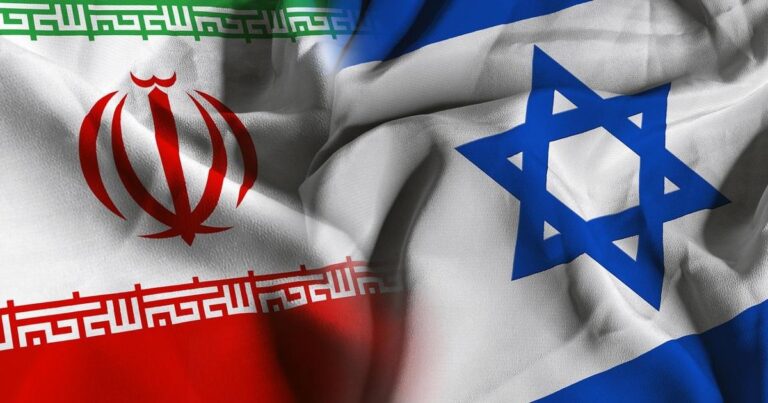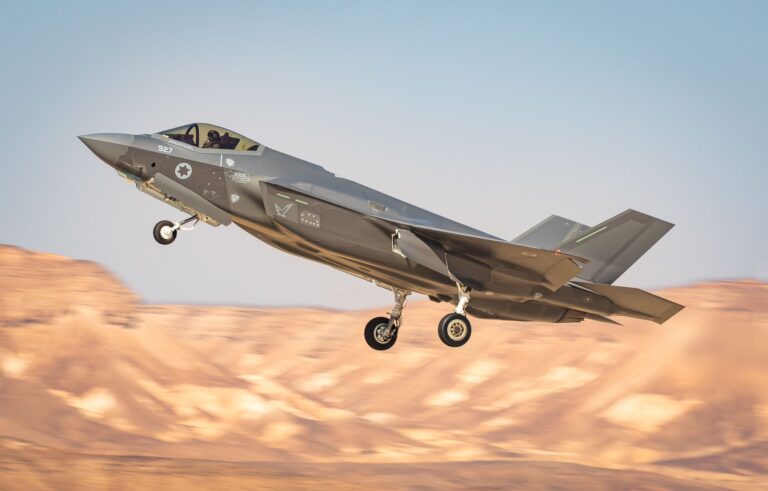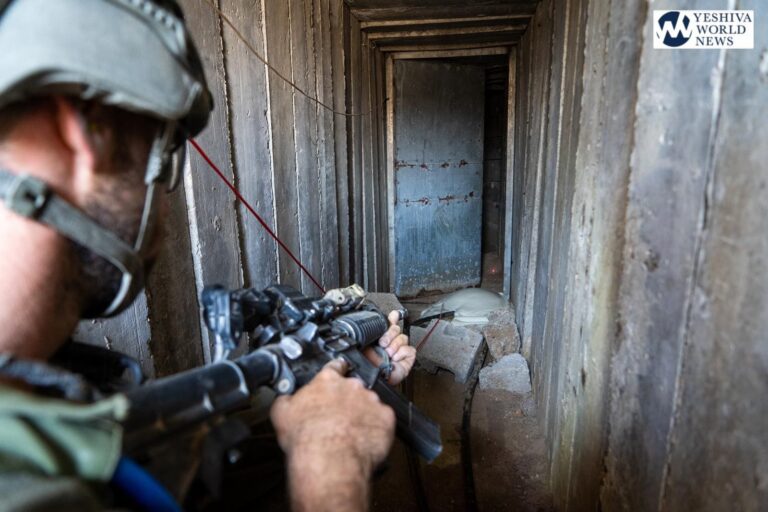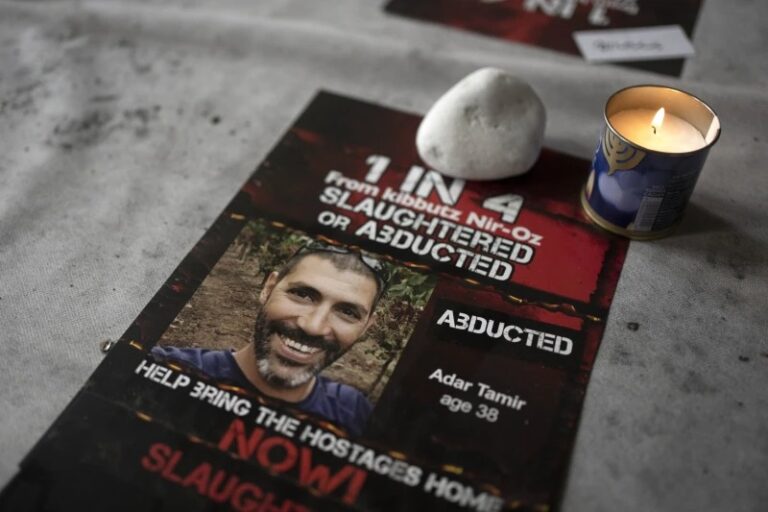 Three people were killed as a result of the Grad rocket attack on Kiryat Malachi Thursday morning, all of them Lubavitchers living in the Chabad neighborhood. The three were killed during or within minutes of the attack, after efforts to save them failed.
Three people were killed as a result of the Grad rocket attack on Kiryat Malachi Thursday morning, all of them Lubavitchers living in the Chabad neighborhood. The three were killed during or within minutes of the attack, after efforts to save them failed.
UPDATE 5:36PM IL: It is now permitted to release the names of the Lubavitch Chassidim killed in the Kiryat Malachi rocket attack HY”D earlier today.
Yitzchak Amsellem HY”D, 24, from the Kraiyot region, Aaron Smadja HY”D, Mira Sharf HY”D, the wife of a shaliach in India who was visiting family in Eretz Yisrael.
UPDATE 5:52PM IL: Updated levaya information for Kiryat Malachi victims:
The levaya for Mrs. Mira Sharf HY”D will begin at 8pm in Shamgar Funeral Home in Yerushalayim.
The levaya of Rav Smadja HY”D will begin 8pm from Nachlas Har Chabad in Kiryat Malachi to Har Menuchos for Kvura. Rav Smadja is survived by three children, the youngest being 2-years-old. It is reported he and his wife waited 14 years until they were blessed with children.
Six others were injured, including two infants, one of them eight months old. An additional victim, a four year old boy, was taken to Tel Hashomer hospital in central Israel for treatment. along with his father. The boy was in serious condition, and the father in moderate condition. Altogether, seven people were injured in the Kiryat Malachi attack. Six others were treated for shock in the attack.
Please say tehillim for:
Shmuel ben Chaya Sarah
Chana bas Mira Rut
Geulah bas Mira Rut
The three killed were a married couple in their 30s, and an individual in his 20s.
Terrorists in the Gaza Strip pounded southern Israel with rocket fire on Thursday, killing three people as the Israeli military pressed forward with a second day of intense air raids and naval attacks on terrorist targets. With Israel threatening to invade Gaza, the heaviest fighting between Israel and Hamas in four years showed no signs of letting up.
The fighting, which began Wednesday when Israel assassinated Hamas’ military chief, brought life to a standstill on both sides of the border. Gaza’s streets were mostly empty as the Israeli air force continued to strike targets. Residents across southern Israel remained huddled indoors or close to home, ordered by authorities to remain close to a network of public bomb shelters.
The deaths in the southern Israeli town of Kiryat Malachi were the first in Israel since it launched its operation and raised the prospects of even fiercer Israeli retaliation. Israel has been systematically targeting rocket stores in Gaza and claims to have taken out dozens of launchers. Israeli leaders have said they are prepared to broaden the operation to a ground invasion if necessary, though there were no signs of extraordinary troop movements along the border.
“The military will continue acting to establish deterrence against Hamas and to return the calm,” Defense Minister Ehud Barak said during a tour of southern Israel. He praised citizens for coping with the “tough moments to come.”
Following the assassination of Hamas mastermind Ahmed Jabari on Wednesday, Israeli tanks, gunboats and aircraft struck dozens of sites across Gaza. A total of 15 Palestinians, including seven civilians, have been killed and more than 100 people wounded, according to Palestinian medical officials. Among the dead were three children.
Explosions rocked Gaza throughout the day on Thursday as well. Few in the territory’s largest urban area, Gaza City, came out following the call for dawn prayers, and the only vehicles plying the streets were ambulances and media cars.
Most Gazans remained in their homes, following developments on Hamas-run TV and local radio stations. Many also provided updates on their Facebook and Twitter accounts, providing news about airstrikes and rocket launches. Others shared prayers and called for militants to stand tough against Israel.
Thousands of people, including top Hamas officials, braved the threats to attend the funeral for Jabari, who had long topped Israel’s most-wanted list for his role in deadly attacks and building up Hamas’ formidable arsenal. Dozens of residents stood solemnly outside their homes or on their balconies as the procession walked by.
“We want to kill in the name of God,” chanted mourners as angry gunmen fired automatic weapons into the air. Hundreds of people raised their index fingers in the air, chanting, “God is great.”
“This crime will not weaken us. It will make us stronger and more determined to continue the path of jihad and resistance,” Hamas lawmaker Mushir al-Masri said in a eulogy. “The enemy opened the battle and shall bear the consequences.”
Israel said Jabari’s assassination was the start of a broader offensive, launched after days of rocket fire from the coastal territory. It was Israel’s most intense attack on Gaza since a full-scale invasion four years ago, also in response to rocket fire.
Despite the similarities, much has changed since then. Hamas has beefed up its arsenal with more powerful and far-reaching missiles. Israel, meanwhile, has deployed a first-of-its-kind system that shoots down incoming rockets. Officials say the “Iron Dome” system is believed to have a roughly 80 percent success rate.
Israel also faces a much-changed region. Following a popular uprising last year, Egypt is now governed by the Muslim Brotherhood, which has close ties with Hamas. Egypt’s new Islamist government has so far honored a 1979 peace deal with Israel. But it is far cooler to Israel than ousted President Hosni Mubarak was.
In an initial protest, Egypt recalled its ambassador to Israel on Wednesday. Egypt’s Foreign Minister Mohammed Kamel Amr also spoke with U.S. Secretary of State Hillary Rodham Clinton late Wednesday, asking for “immediate U.S. intervention to stop the Israeli aggression,” the Foreign Ministry said in a statement.
Tensions have also heated up along Israel’s northern border as the civil war in Syria has begun to spill over into the Israeli-controlled Golan Heights. Earlier this week, Israel twice fired in response to stray mortar shells that landed in the Golan.
Hamas announced a state of emergency in Gaza, evacuating all its security buildings and deploying its troops away from their locations.
Israeli aircraft dropped leaflets on several locations in Gaza early Thursday, warning Gazans to stay away from Hamas, other militants and their facilities.
The Israeli military said Hamas fighters and other militant factions, undeterred by the air attacks, bombarded southern Israel with more than 180 rockets. The Iron Dome, meant to detect rockets headed toward populated areas, intercepted about 30 of them, the military said.
Israel declared a state of emergency in the country’s south, where more than 1 million Israelis live within rocket range, instructing people to remain close to fortified areas. School was canceled in communities within a 40-kilometer (25-mile) radius of Gaza.
People living in areas along the frontier were ordered to stay home from work, save for essential services, and shopping centers were closed. Israeli police stepped up patrols around the country, fearing Hamas could retaliate with bombing attacks far from the reaches of Gaza.
Batya Katar, a resident of Sderot, a community that has been a frequent target of rocket fire, said streets were empty there.
“People won’t be outside. The minute they assassinated the Hamas military chief we knew an offensive had begun. We were waiting for it, and it’s about time they did it. We have the right to live like other countries in the world,” she said.
Israeli officials said Wednesday that a ground invasion was a strong possibility in the coming days if Hamas didn’t rein in the rocket fire. Mid-morning Thursday, there was no sign such an invasion might be beginning. But the Israeli military was cleared to call up special reserve units — a sign the operation might broaden.
The Israeli military released a series of videos showing black-and-white footage of its targets being struck: weapon depots and rocket launching pads.
The military said it destroyed dozens of the militants’ most potent rockets — the Iranian-made Fajr, which is capable of striking Israel’s Tel Aviv heartland — as well as shorter-range rockets. In all, the military estimated Hamas had 10,000 rockets and mortars in its arsenal before the military operation began.
Earlier this week, Israeli defense officials warned they were considering resuming a controversial practice of assassinating senior militants. Wednesday’s killing of Jabari was an indication they were serious.
Hamas accused Prime Minister Benjamin Netanyahu of launching Wednesday’s operation to win votes in the Jan. 22 parliamentary election. But major Israeli parties, including the dovish opposition, all lined up behind Netanyahu.
In Washington, the United States lined up behind Israel. “We support Israel’s right to defend itself, and we encourage Israel to continue to take every effort to avoid civilian casualties,” State Department spokesman Mark Toner said.
President Barack Obama spoke with Netanyahu and the two men agreed Hamas needs to stop its attacks on Israel to allow tensions to ease, the White House said.
Obama spoke separately to Egyptian President Mohammed Morsi, given Egypt’s central role in preserving regional security, the White House said. The two men agreed on the need to de-escalate the conflict as quickly as possible.
U.N. Secretary-General Ban Ki-moon called for calm and urged both sides to respect international humanitarian law.
The Israeli operation drew new condemnations on Thursday from Turkey and Iran, Muslim countries that both have good relations with Hamas.
Turkish President Abdullah Gul “strongly” condemned Israel and criticized Washington for supporting Israel. Turkey’s once close ties with Israel have collapsed over an Israeli raid on a Gaza-bound Turkish aid ship in 2010.
Iran, a major backer of Hamas, called the Israeli operation “organized terrorism.” Foreign Ministry spokesman Ramin Mehmanparast urged the world to cut ties with Israel.
Meanwhile, Palestinian President Mahmoud Abbas cut short a trip to Europe to deal with the crisis. Abbas wrapped up meetings in Switzerland before rushing back to his base in the West Bank, said Palestinian official Saeb Erekat. He had been scheduled to go to France.
Abbas lost control of Gaza to Hamas militants in 2007 and now governs only the West Bank. Still, he claims to be president of all Palestinians.
(AP)






3 Responses
Hashem Yerachem !
“The fighting, which began Wednesday when Israel assassinated Hamas’ military chief, brought life to a standstill on both sides of the border”
So the 120 missiles fired into Israel since the beginning of this week alone (before Wed.)are not considered “fighting”? Only the assassination of a terrorist deserves that label? Not to mention the hundreds of missiles fired before this week. When using AP stories, YWN should at least take a cursory read to correct the extreme anti-Israel bias.
I agree with mully. If you publish a story you are responsible for its contents, and should not publish lies, let alone antisemitic ones! The fighting did not begin on Wednesday, and it didn’t begin with Israeli action, and it’s wrong to say that it did.
Also this: a controversial practice of assassinating senior militants. There is nothing controversial about it — the USA does it routinely — and they’re terrorists, not “militants”.